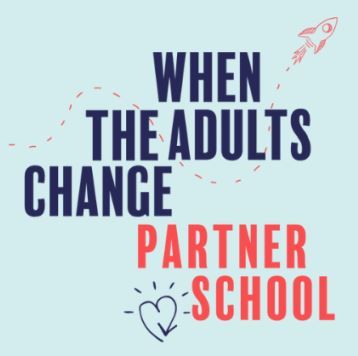PSHE & RSE
PSHE stands for personal, social, health and economic. The 'E' in PSHE covers economic wellbeing and careers.
RSE stands for relationships and sex education. RSE is learning about growing up, relationships, sexual health and reproduction.
Intent
At Allfarthing, we focus on the whole child by putting wellbeing, resilience and mental health at the centre of our work with our pupils, staff and community. We believe that Personal, Social, Health Economic Education (PSHE) is crucial in supporting children in these areas and that it is essential in underpinning learning in the classroom, school, and in the wider community.
Our PSHE curriculum intends to give children the knowledge, skills and attitudes they need to effectively navigate the complexities of life in the 21st Century. Our curriculum covers key areas set out in the Early Years framework and then leads on to a whole school spiral curriculum starting from Year 1 to Year 6. Our curriculum aims to support children to make informed choices now and in the future around their health, safety, wellbeing, relationships, and financial matters. Children are given the tools to support themselves in becoming confident, self-aware individuals and active members of society.
Implementation
We follow the KAPOW RSE/PSHE scheme of work, which covers statutory guidance on Relationships and Health Education as well as wider PSHE learning, in line with the requirement of the National Curriculum (2014) that ‘schools should make provision for personal, social, health and economic education.’
The Kapow PSHE programme is a whole school approach, which consists of five units:
- - Families and relationships
- - Health and wellbeing
- - Safety and the changing body
- - Citizenship
- - Economic Wellbeing
KAPOW follows a spiral curriculum approach, which, according to the PSHE Association Programme of Study is, “the most effective model of delivery for PSHE.” Spiral curriculums allow topics to be revisited year on year, encouraging children to build on prior learning and to deepen their understanding on certain topics. Where our lessons go beyond statutory requirements (primarily citizenship and Economic wellbeing areas) they refer to the PSHE Association’s Programme of Study which is recommended by the DfE. Sex education has been included in line with the DfE recommendations and is covered in Year 6 of our scheme.
The scheme supports the requirements of the Equality Act through direct teaching, for example, learning about different families, the negative effect of stereotypes and celebrating differences, in addition to the inclusion of diverse teaching resources throughout the lesson. All lessons include differentiation to stretch the most able and give additional support to those who need it. Many lessons, stories, scenarios, and video clips provide the opportunity for children to engage in real life and current topics in safe and structured way.
Impact
By the time children leave Allfarthing, children will have met the objectives set out within the Relationships and Health Education statutory guidance and will be able to draw upon and utilise their learning within their daily lives, from dealing with friendships issues to resilience to making healthy choices and knowing where and how to get help.
PSHE Subject Overview
Progression of skills and knowledge









Our Twitter